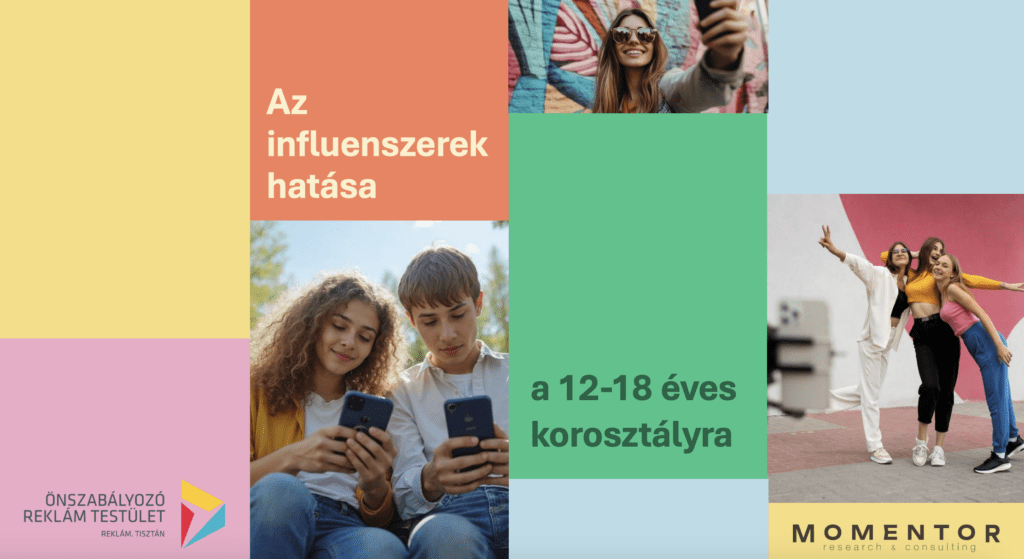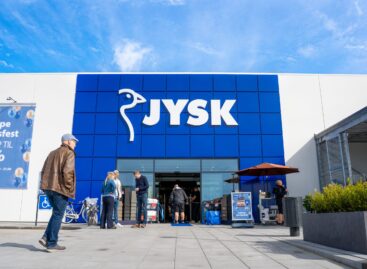Whose trust is it? – this is how the domestic influencer market is changing
Two-thirds of Hungarian internet users regularly consume influencer content, but they are becoming increasingly selective and less susceptible to empty marketing slogans – according to a 2024 joint study by ORT and Momentor. The representative survey, based on the responses of over a thousand participants, examined how Hungarians relate to online opinion leaders, who they follow, and how much they trust them.
More followers ≠ more trust
One of the study’s most striking insights is that a large follower base no longer automatically translates into greater influence. In fact, 74% of respondents said that authenticity is more important than the number of followers. Most people consider influencers credible if they possess professional knowledge, share honest opinions, and follow consistent values – not if they endorse every campaign. Half of the respondents believe that paid advertisements often harm an influencer’s credibility, especially when the content seems forced or out of place.
Who grabs the audience’s attention?
YouTube remains the most popular platform, followed by Instagram, TikTok, and Facebook. Younger users (aged 18–29) prefer TikTok, while older demographics are more active on Facebook and YouTube. 57% of respondents follow their favorite influencers across multiple platforms, making consistency and content diversity crucial for brand strategy.
Among content types, entertainment (61%), educational content (51%), and personal, everyday-life posts (45%) rank highest in popularity. In contrast, direct advertising and obvious product placement are less effective: people are more receptive to naturally integrated recommendations based on real-life experience.
Where should a brand position itself?
The study also explored which sectors benefit most from influencer marketing. Health, gastronomy, fashion, and beauty came out on top. These were followed by sustainability, finance, and tech. Notably, trust in sustainability-focused influencers is growing – especially if they promote these values consistently, not just during campaigns.
For product endorsements to be perceived as credible, brand values must align with those of the influencer. According to the study, 65% of consumers have a more positive attitude toward products recommended by people they can identify with.
Challenges and opportunities
The study shows that influencer marketing is not a magic bullet – but with a strategic approach, it can be a highly effective brand-building tool. Authenticity, knowing your target audience, and value-based collaboration are no longer optional but essential.
The key takeaway for Hungarian brands: today’s more mature audience rejects posts that are desperate to sell – but is open to meaningful content, inspiring stories, and human connection. The influencers of the future won’t be the loudest – they’ll be the most authentic.
Related news
Hungarians don’t replace their furniture – JYSK research reveals a conscious, long-term planning market
🎧 Hallgasd a cikket: Lejátszás Szünet Folytatás Leállítás Nyelv: Auto…
Read more >Related news
GDP growth in OECD member countries slowed to 0.3 percent in the last quarter of last year
🎧 Hallgasd a cikket: Lejátszás Szünet Folytatás Leállítás Nyelv: Auto…
Read more >









